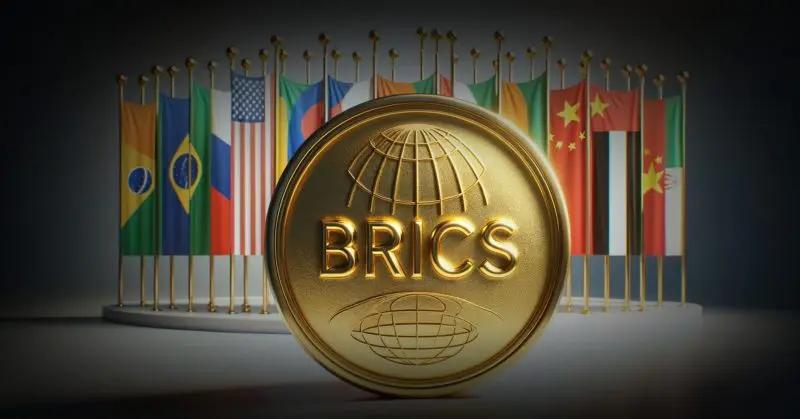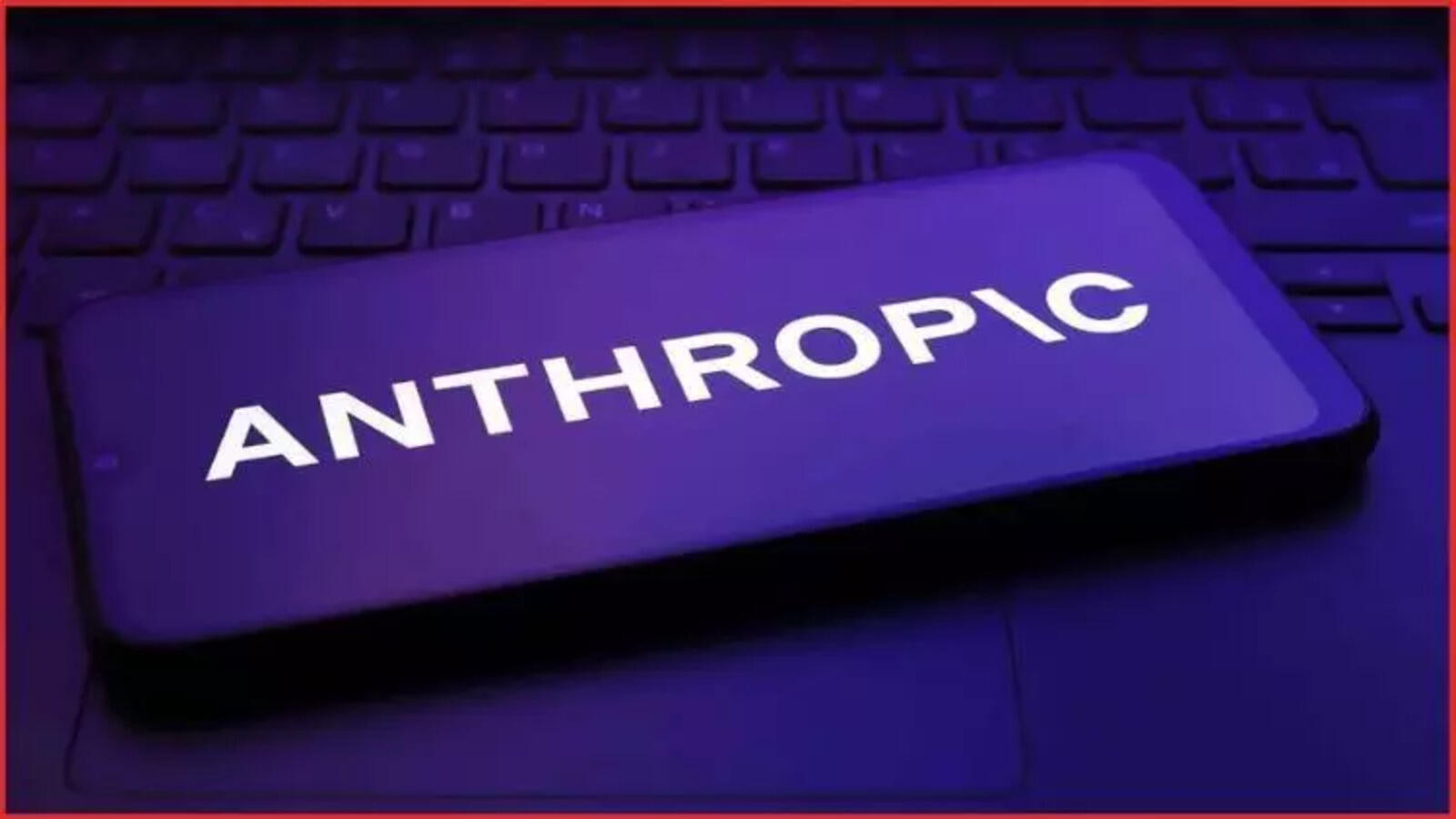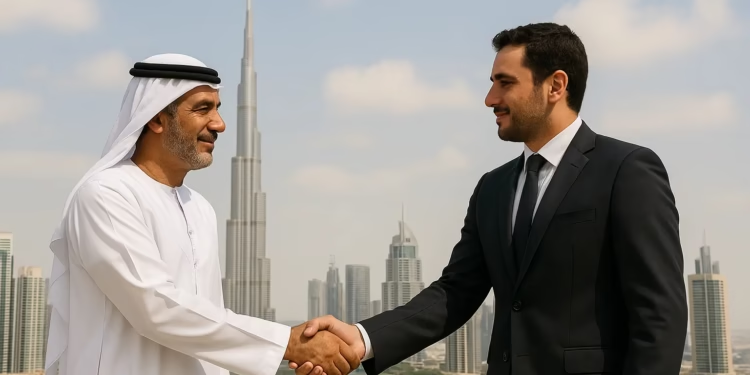Dubai and UAE in a significant move to streamline digital asset regulation has seen the Securities and Commodities Authority (SCA) and the Dubai Virtual Assets Regulatory Authority (VARA) formalize a strategic partnership to coordinate crypto licensing and oversight across the United Arab Emirates. The development marks a major milestone in the broader push for Dubai crypto alignment, bringing national clarity and cohesion to a once fragmented regulatory landscape.
Announced on August 7, the partnership builds on a memorandum of understanding (MOU) signed in 2024 and introduces a formal mechanism for mutual license recognition between the two bodies. Although the agreement enables virtual asset service providers (VASPs) licensed in one jurisdiction to operate across others, officials clarified that this does not equate to automatic license passporting.
“This agreement operationalizes the 2024 MOU. It establishes mutual recognition but not blanket passporting,” — VARA spokesperson, in a statement to Cointelegraph.
The framework includes real-time data sharing, unified registration procedures, coordinated anti-money laundering (AML) protocols, and the formation of a joint Legislative Review Committee to evaluate regulatory standards in line with international best practices.
Licensing reciprocity, not free passporting
While the agreement provides regulatory clarity, its mechanism ensures that compliance standards remain robust across all emirates.
The Dubai crypto alignment framework introduces licensing reciprocity, meaning that a VASP licensed by either SCA or VARA can seek recognition by the other body. However, this process is not automatic. It involves mandatory assessments including anti-money laundering and counter-terrorist financing (AML/CFT) evaluations, supervisory coordination, and operational readiness checks.
“Licensing reciprocity is a key feature of the partnership, but not automatic passporting,” — VARA spokesperson, in response to questions about jurisdictional access.
This approach reduces redundant approval processes, a common frustration among VASPs attempting to operate across the UAE’s multiple regulatory zones.
“It lowers operational risk, improves speed to market, and avoids conflicting compliance burdens,” the VARA official added.
Streamlined framework to attract global crypto investment
The Dubai crypto alignment partnership signals the UAE’s intention to position itself as a globally competitive jurisdiction for blockchain innovation. By reducing regulatory fragmentation, officials hope to create a clearer path for domestic and international firms navigating entry into the UAE digital asset market.
“This partnership is a pivotal moment in future-proofing the UAE’s digital economy,” — Matthew White, CEO, VARA.
For the broader ecosystem, the agreement reflects a shift toward interoperable oversight, increasing confidence among institutional investors, founders, and foreign regulators alike.
Waleed Al Awadhi, CEO of the SCA, emphasized that “transparency, trust, and unified governance” are crucial to attracting investment and fostering sustainable innovation.
The partnership’s unified VASP registration system and real-time data-sharing protocols aim to modernize supervision without sacrificing consumer or national security protections.
Coordinated oversight beyond Dubai and VARA
Though the current agreement is between the SCA and VARA, officials confirmed that it is part of a wider national initiative. Talks are ongoing with other regional bodies, including the Abu Dhabi Global Market (ADGM) and the Central Bank of the UAE, to further harmonize regulatory policies across the Emirates.
“There is a continuous dialogue among UAE regulators and global stakeholders to drive supervisory consistency and cross-border cooperation,” — VARA spokesperson.
As the UAE continues to attract crypto firms seeking regulatory clarity and a pro-innovation environment, Dubai crypto alignment is being closely watched by regional and international policymakers. Industry analysts suggest that the UAE’s coordinated approach could become a template for digital asset regulation in other jurisdictions aiming to balance growth and oversight.
The Legislative Review Committee, a new body under the agreement, will be tasked with refining rules and updating standards as technologies and market practices evolve. This reflects the UAE’s commitment to dynamic regulation, capable of responding to both risk and opportunity in the fast-moving Web3 space.
Looking ahead: toward a unified crypto ecosystem
The Dubai crypto alignment agreement may not eliminate all regulatory friction across emirates, but it represents a serious step toward national cohesion. As firms increasingly look for jurisdictions that offer both innovation and compliance certainty, the UAE appears to be staking its claim as a leader in next-generation crypto governance.
Whether future phases will include full license passporting or region-wide sandbox initiatives remains to be seen, but the current partnership sets a strong foundation. For now, crypto stakeholders in and beyond the UAE are watching closely as the Emirates consolidate their regulatory architecture.











